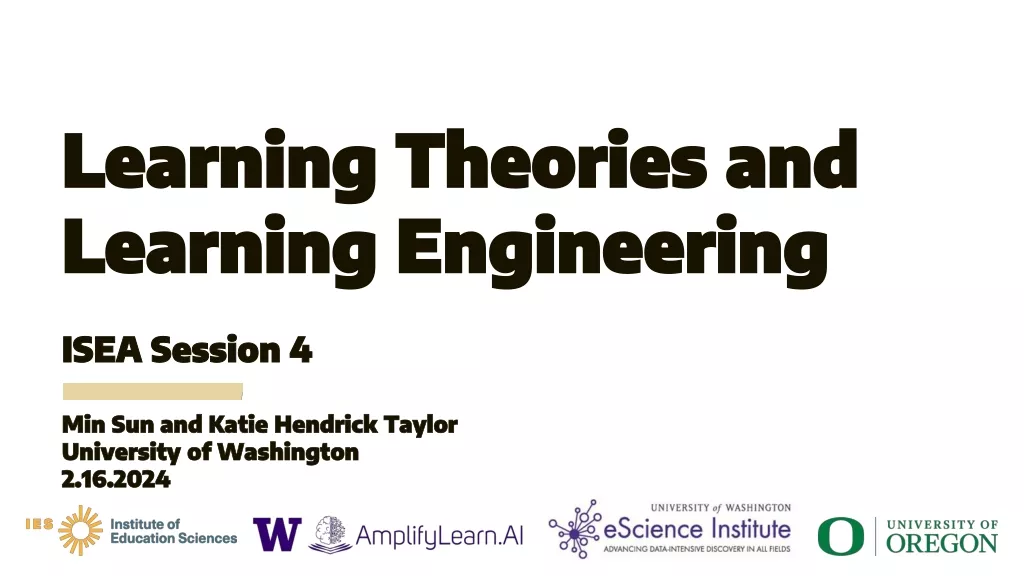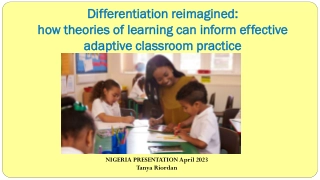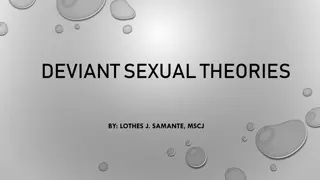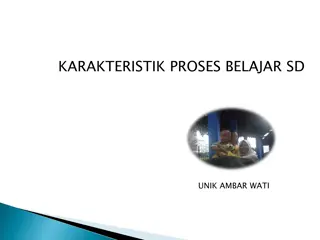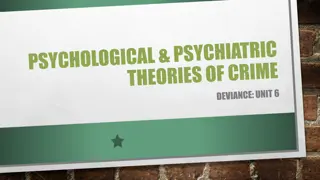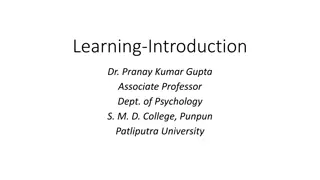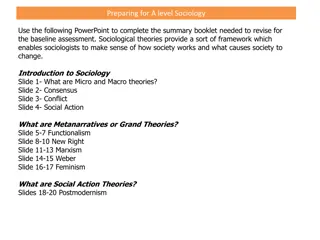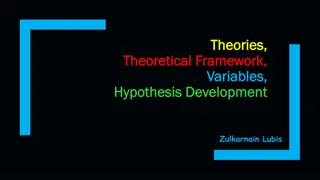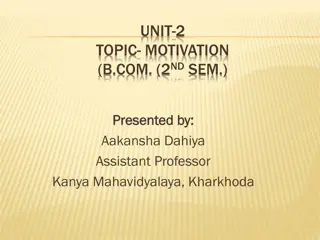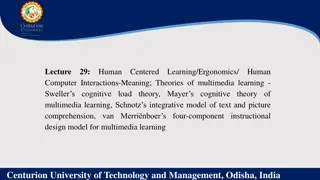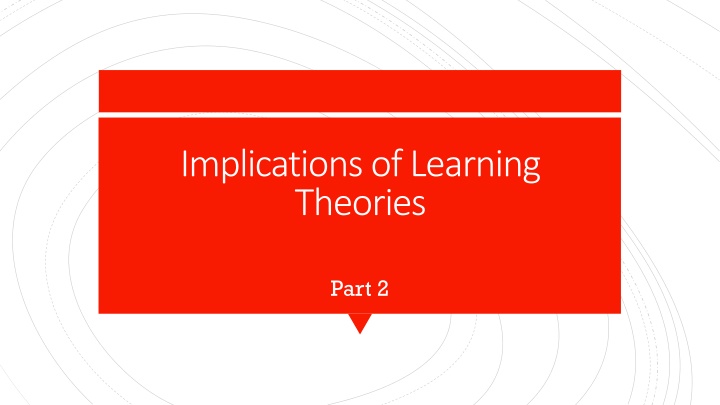
Implications of Learning Theories
Explore how needs theories and expectancy theory play a role in motivating behavior in training settings. Adult learning theory and information processing theory offer insights into how trainers can enhance learning experiences for learners. Discover practical strategies to support information processing and motivate adult learners effectively.
Download Presentation

Please find below an Image/Link to download the presentation.
The content on the website is provided AS IS for your information and personal use only. It may not be sold, licensed, or shared on other websites without obtaining consent from the author. If you encounter any issues during the download, it is possible that the publisher has removed the file from their server.
You are allowed to download the files provided on this website for personal or commercial use, subject to the condition that they are used lawfully. All files are the property of their respective owners.
The content on the website is provided AS IS for your information and personal use only. It may not be sold, licensed, or shared on other websites without obtaining consent from the author.
E N D
Presentation Transcript
Implications of Learning Theories Part 2
These theories attempt to explain how needs motivate behavior. A need is a deficiency we experience at a given point in time. They motivate us to behave in ways that satisfy the needs. Trainers should try to understand trainees needs, explain how training will meet their needs, and provide choices. Needs Theories
Expectancy Theory This theory suggests that behavior is influenced by trainees perceptions of expectancy, instrumentality, and valence. To motivate learning, trainees need to: Be confident in their ability to perform (expectancy), Value the proposed rewards (valence), and Believe they will receive the rewards if they perform well (instrumentality).
This theory suggests adults: Need to know why, Need to self-direct learning, Bring work-related experiences and a problem-centered approach to the learning situation, and Are both extrinsically and intrinsically motivated. Adult Learning Theory
Trainers should: Develop instruction based on learners interests and competencies. Ensure training is problem-centered. Use trainees experiences for examples and applications. Provide opportunities for immediate application. Adult Learning Theory
Information Processing Theory This theory proposes that information taken in by the learner undergoes several transformations in the brain before a response is organized.
Information Processing Theory Trainers can support information processing using the following strategies: To establish expectations, communicate the learning outcomes. To facilitate encoding: Include meaningful content. Use pictures, diagrams, and maps. Use demonstrations and verbal instructions.

